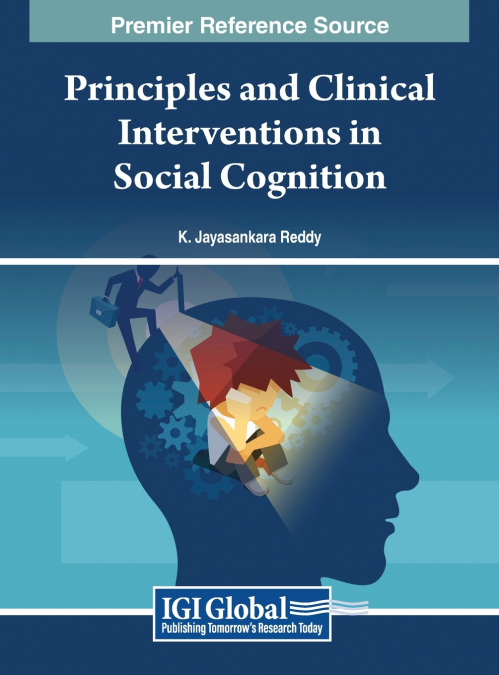
 Librería Perelló (Valencia)
Librería Perelló (Valencia)
 Librería Aciertas (Toledo)
Librería Aciertas (Toledo)
 El AlmaZen del Alquimista (Sevilla)
El AlmaZen del Alquimista (Sevilla)
 Librería Elías (Asturias)
Librería Elías (Asturias)
 Librería Kolima (Madrid)
Librería Kolima (Madrid)
 Donde los libros
Donde los libros
 Librería Proteo (Málaga)
Librería Proteo (Málaga)
There are a plethora of questions experts are asking surrounding the intersection of clinical intervention practices with social cognition. How do neuro-cognitive processes shape social understanding? What experimental methods illuminate social cognitive complexities? How can social cognition be applied practically in clinical contexts and psycho-social rehabilitation? How does social cognition influence decision-making and cross-cultural perspectives? To find the answers to these concerns, researchers can now look to Principles and Clinical Interventions in Social Cognition , a research book which delves into recent advances, practical applications, and future trajectories within the intricate relationship between social processes and cognitive mechanisms. It adopts a unique structure, each chapter offering a concise introduction to a specific aspect of social cognition. From foundational principles to applications in clinical interventions and individual well-being, it covers neuro-cognitive processes, experiments, and social cognition in various clinical and health conditions. The interdisciplinary nature of this book makes it an authoritative resource for professionals, researchers, and students in psychology, neuropsychology, cognitive psychology, cognitive neuroscience, social work, sociology, management, allied health sciences, and other areas of social science.